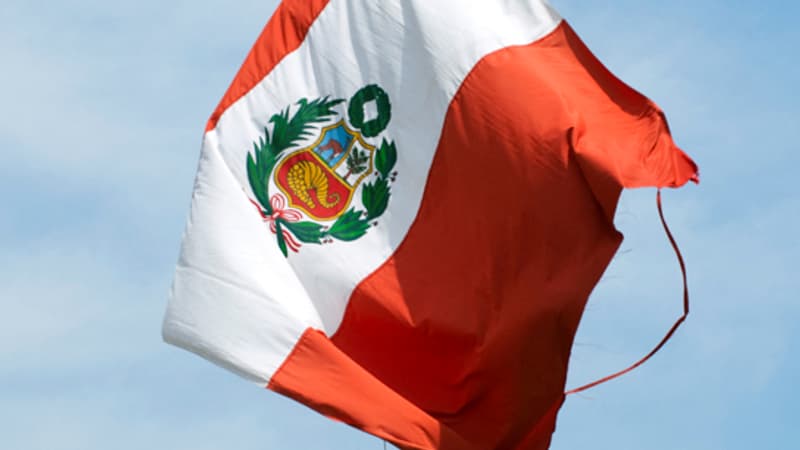Justice was needed for more than 20 years to examine the case of Celia Ramos, within the framework of the case of forced sterilization practiced in Peru in the 1997.
This Peruvian mother was 34 when she died in 1997, 19 days after surgery for a ligation of the tubes that had caused her respiratory failure.
An operation imposed by force, the intervention falls into the National Family Planning Program in Peru. This mother of three children had been harassed to accept the intervention.
28 years later, the case of the deceased is treated this Thursday, May 22 by the Inter -American Commission on Human Rights (IACHR) that intends to return to the event, as well as thousands of women victims of forced sterilizations in Peru, reports The Guardian.
Mass sterilization of hundreds of thousands of women
The mass sterilization of hundreds of thousands of women, essentially poor, rural and native, in the 1990s, is considered today one of the most widespread human rights in the country. But neither former President Alberto Fujimori, in power at that time, nor his Ministers of Health were prosecuted for this campaign, which lasted years.
In 2024, the United Nations Committee met for the elimination of discrimination against women had urged Peru to compensate for forced women in the 1990s, saying that state policy could constitute a “crime against humanity.”
If it is the first case of forced sterilization in Peru that will be presented before the Inter -American Court, the matter of Celia Ramos is a representative of thousands of people, according to Carmen Cecilia Martínez, associate director of the Center for Reproductive Rights.
“The Court’s decision could force the Peruvian State to grant repairs to the victims of this case and pave the way for justice for others,” he told The British Daily.
“The Peruvian State must be responsible”
Marisela Monzón Ramos, the daughter of Celia Ramos, and the oldest of the three daughters of the deceased, was in Guatemala City to attend the hearing in the Inter -American Court of Human Rights.
“It is a great step forward for us, given the years of struggle. They have spent almost thirty years that my mother died,” said his daughter.
“We are asking for justice. The Peruvian State must be responsible for the death of our mother, who was in perfect health,” he added.
Already in 2010, a Peruvian NGO for the defense of women’s rights called Demus had presented the case of Celia Ramos to the Inter -American Commission on Human Rights (IACHR) in 2010.
Eleven years later, a CIDH report said the Peruvian State was responsible for the violation of Celia Ramos’ rights and recommended the adoption of repair and not repetition measures.
However, Peru has not progressed in the implementation of the recommendations, the commission finally returned the case to the Inter -American Court in June 2023.
“The objective was very clear: recruit women from poor, native, peasants and eliminate their reproductive capacity, violating, among other things, their right to autonomy in terms of procreation,” said Carmen Cecilia Martínez.
At the moment, the legal team expects the court to declare this policy as a crime against humanity, which would eliminate any period of limitation for the opening of an investigation.
Source: BFM TV


